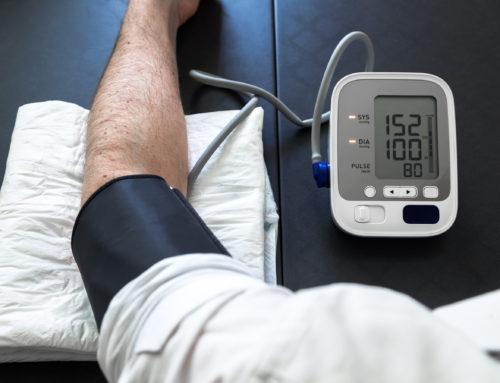People make mistakes. When diagnosing a major health issue, your doctor shouldn’t. According to a study published in the journal BMJ Quality & Safety, approximately 12 million adults who seek outpatient medical care are misdiagnosed each year. That’s 12 million people who are receiving either no treatment or the wrong treatment for major health issues. There are 318.9 million people in the United States, and every single one of them deserves to be treated correctly when they seek medical attention. Here are some common misdiagnosed conditions that are often the cause for a malpractice case.
Heart Attack
According to the American Heart Association, 1.1 million new and recurrent heart attacks occur per year in the United States. The issue is that heart attacks feel different to everyone. What may feel like slight indigestion to one person may feel like unbearable chest pain to someone else. Symptoms of a heart attack include feeling lightheaded or dizzy, sweating, shortness of breath, and pain traveling from your chest down. Sudden death from heart attacks are more common for women because it takes women longer to respond to symptoms than men.
Stroke
Strokes occur when there is an interruption in the flow of blood to the brain. According to specialists at John Hopkins Medicine, doctors overlook or discount early signs of potentially disabling strokes in tens of thousands of Americans each year. Common signs of a stroke are vision problems, confusion, severe headache, and numbness of the face.
Depression
Taking control of your mental health is extremely important. If you feel mood swings, constant fatigue, and generally ‘blue,’ it is likely that you may be clinically depressed. However, it is also likely that you may be suffering from a plethora of other health issues such as anxiety, addictions, or even caffeine withdrawal. It is often a good idea to get a second opinion when it comes to diagnosing depression so that misdiagnosis is not an issue.
Multiple Sclerosis
Diagnosing MS can be tricky because it has quite a few mimicker diseases. Lyme disease, migraines, lupus, fibromyalgia, and vitamin B12 deficiency have all previously been misdiagnosed as MS. The common symptoms of MS such as numbness, tingling, pain, fatigue, and heat sensitivity do not always all reveal themselves in MS patients. The best method for diagnosing MS is a spinal tap to see whether or not your body’s immune system is attacking itself.
Cancer
This past May, ABC News reported that roughly 1.3 million people are diagnosed with cancer every year. Research at the John Hopkins Hospital in Baltimore was conducted that found one out of every 71 cases from 6,000 cancer patients was misdiagnosed. And on top of that, one out of five of those cases was classified as the wrong type of cancer. Possible cancer patients need to receive an opinion from an expert pathologist who can properly diagnose cancer and the type of cancer as accurately as possible.
Parkinson’s Disease
A systematic neurological examination and an MRI of the brain are necessary when diagnosing Parkinson’s Disease. The Michael J. Fox Foundation for Parkinson’s Research claims that up to 25 percent of Parkinson’s Disease diagnoses are incorrect. The problem lies in the fact that the symptoms are not always the same in people and it is hard to classify them, especially early on.
Rheumatoid Arthritis
Pain, swelling, and fatigue are symptoms of rheumatoid arthritis and many, many others. There are seven other diseases that are commonly misdiagnosed as rheumatoid arthritis, which are osteoarthritis, reactive arthritis, psoriatic arthritis, palindromic rheumatism, Wegener’s granulomatosis, autoimmune hepatitis, and fabry disease. It can be extremely painful and progressively causes inflammation in the joints.
If you have been misdiagnosed with these or any other conditions by your doctor, contact our office. Misdiagnosis is far too common in the United States and as a patient concerned with your health and well-being, you deserve to have your situation addressed appropriately. Dr. Mallory can be one of your best resources for your case and help steer you in the direction of justice.




























